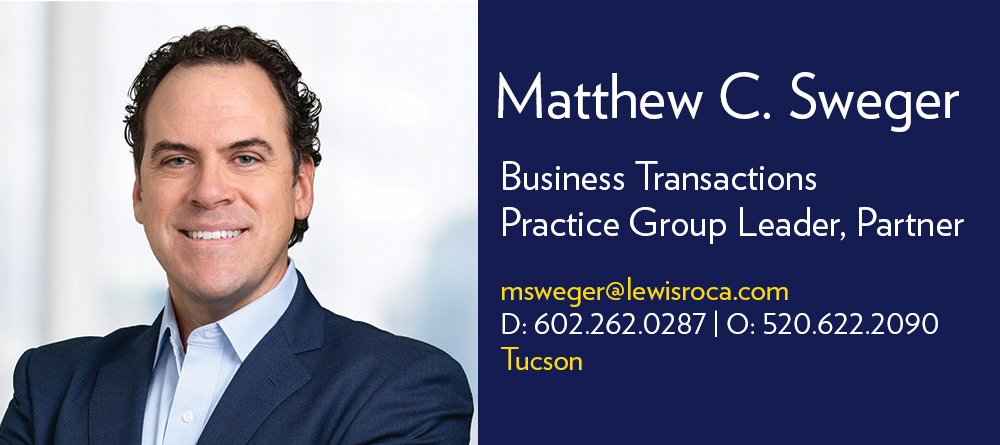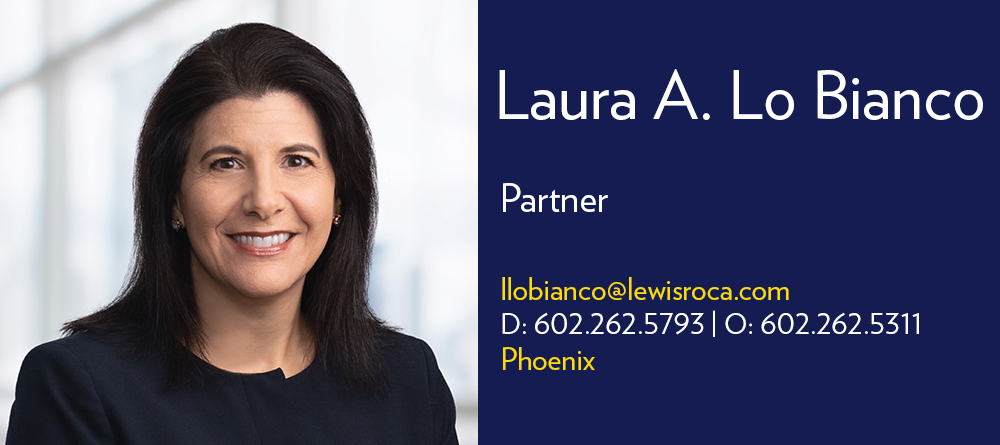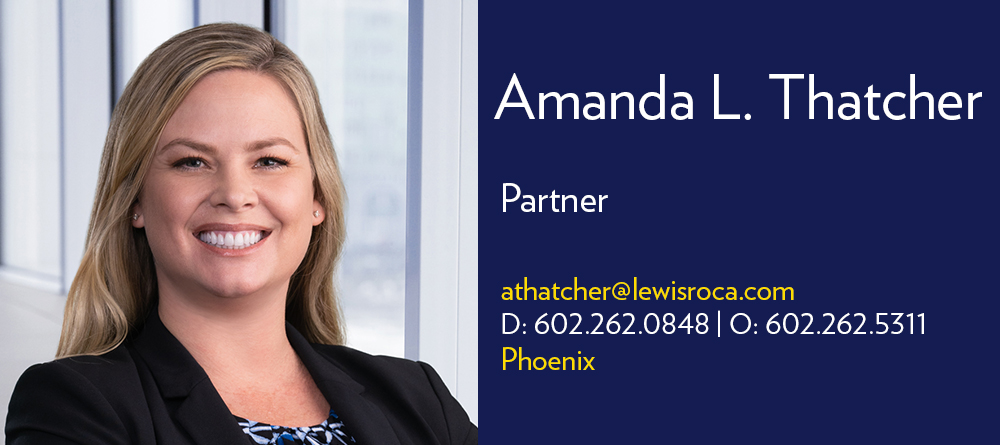This is a general summary of the Corporate Transparency Act, and readers should consult counsel about the application of this Act to their specific situation. This summary does not constitute legal advice or the creation of an engagement.
The Corporate Transparency Act (“CTA”), adopted in 2021 as part of the Anti-Money Laundering Act of 2020, requires most entities organized or registered to do business in the United States (a “reporting company”) to report beneficial ownership information, starting on January 1, 2024. The purpose of the CTA is to provide information to the U.S. Department of the Treasury’s Financial Crimes Enforcement Network, commonly known as FinCEN, regarding the beneficial ownership and controlling persons of entities either formed in the United States or foreign companies that have registered to do business in the United States, to assist FinCEN in identifying entities that may be involved in money laundering, terrorism, tax evasion, organized crime, or other illegal activities. Disclosure of beneficial ownership is intended to reduce the ability of illegal businesses to operate anonymously. The CTA has both civil and criminal penalties.
Covered reporting companies generally include any currently existing or newly formed corporation, limited liability company, limited partnership, or other entity that is formed under the laws of a U.S. jurisdiction by a filing made with the secretary of state of a state (or similar office), or formed under the laws of a foreign jurisdiction and registered to do business in a U.S. jurisdiction.
Deadlines for entities formed after January 1, 2024. Unless an exemption applies, every reporting company formed on or after January 1, 2024, will have 90 days from notice of formation or registration, as applicable, to file with FinCEN an initial report containing information on the company, beneficial ownership and controlling persons, and company applicants, but beginning on January 2, 2025, that deadline will be shortened to 30 days from notice of formation or registration.
Existing entities file by January 1, 2025. Covered entities in existence as of December 31, 2023 must file with FinCEN a report containing information on the company, beneficial ownership, and controlling persons, prior to January 1, 2025.
Ongoing reporting is required because changes or corrections to previously reported information must be updated within 30 days of the change or error.
Exemptions. Certain industries and business types are exempt from the reporting requirement of the CTA. Exemptions include:
- Certain large operating companies (with over $5,000,000 in gross revenues as shown on a U.S. tax return and over 20 full-time employees, among other requirements),
- Regulated companies, such as banks, insurance companies, and public companies,
- Certain tax-exempt organizations, such as those that have obtained recognition under Section 501(c) (3), and
- Inactive entities, which are those that (1) existed on or before January 1, 2020; (2) are no longer engaged in active business; (3) do not hold any assets; (4) are not owned by a foreign person; and (5) have not had a change in ownership, or transacted greater than $1,000, in the immediately preceding 12-month period.
Sole proprietorships, general partnerships, and many trusts are not currently within the definition of a reporting company because they are not formed by filing a document with a secretary of state or similar official, so no filing from these businesses will be required.
The CTA has no exemptions for small companies or single purpose entities. Each of the 23 exemptions contain specific criteria requiring analysis to determine if the exemption applies.
Beneficial owners, controlling persons, and company applicants. A “beneficial owner” is:
- An individual (natural person) who owns or controls, directly or indirectly, 25% or more of the ownership interests of the entity,
- Each individual who is a “senior officer” (president, chief financial officer, general counsel, chief executive officer, chief operating officer, or any other officer, regardless of title, who performs a similar function), and
- Anyone else who exercises “substantial control,” including an individual who:
- Has authority over the appointment and removal of any senior officer or a majority of the board of directors (or a similar body); or
- Directs, determines, or has substantial influence over “important decisions” made by the company.
If a trust owns an interest in a company, it may be necessary to disclose the trustee, the beneficiary, the grantor, or some combination of the foregoing depending on the terms of the trust.
For LLCs, ownership includes interests in capital and interests in profits, each calculated as a percentage of the total outstanding capital or profit interests, respectively.
For corporations, an individual’s ownership of 25% or more of the combined voting power or combined value of the corporation’s outstanding ownership interests will result in classification as a 25% owner. Where the capital structure of an entity may make these calculations too difficult, an individual who owns or controls 25% or more of any class or type of ownership interest will be deemed a 25% owner of a reporting company. An option to acquire an ownership interest of 25% or more of the class of ownership must be reported, calculated as if the option were fully exercised (but without the exercise of other outstanding options).
The following are exceptions from the definition of a beneficial owner:
- Minor children, provided that the parent or guardian’s information is reported;
- Individuals acting as a nominee, intermediary, custodian, or agent of another individual;
- Employees, provided that the individual is acting “solely as an employee” and deriving control and economic benefits solely from their employment status;
- Individuals who only have a future interest in the company, such as through inheritance; and
- A creditor of a company (depending on the rights of the creditor).
“Company applicants” are the individuals who actually file documents with agencies to create or register the entity and the individual (such as a representative of the client) who directed the creation or registration of the reporting company.
Information that must be disclosed. The required disclosures include sensitive information about the reporting company, its 25% beneficial owners, its controlling persons, and, for newly formed entities, not more than two individuals who act as “company applicants” (i.e., one who directs that the company be formed or registered, and one who is the “actual filer” of the formation or registration document).
The reporting company will be required to report its legal name, trade name(s) and d/b/a name(s), street address, tax ID number or foreign equivalent, and jurisdiction of first formation or registration.
For each beneficial owner, controlling person, and, for companies formed on or after January 1, 2024, each company applicant, a reporting company must report that individual’s:
- Full legal name,
- Date of birth,
- Residential address (or business address, in the case of a company applicant only),
- Unique identifying number from an acceptable identifying document (such as a passport or driver’s license), and
- A copy of such acceptable identifying document.
These required disclosures may result in the disclosure of the individual’s social security number for an LLC without its own tax identification number because, for example, it has a sole individual member or the sole member is a trust that does not have a separate tax ID.
This information can be separately reported by the individual to FinCEN, in order to obtain a FinCEN ID, which can be used by the reporting company.
Penalties for failure to comply are significant. A person who willfully provides false beneficial ownership information or who willfully fails to report complete or updated beneficial ownership information to FinCEN faces a civil penalty of $500 per day while a violation continues; and possibly a criminal fine of up to $10,000 and two years in prison. All senior officers at any entity that fails to make a report required by the CTA may be liable for these civil and criminal penalties. While much of the beneficial owner information to be reported to FinCEN relates to individuals, the obligation to comply on a timely basis is on the reporting company.
More information on the reporting requirements can be found on the FinCEN website, https://www.fincen.gov/boi-faqs.
New entities and existing entities alike should consider including in new and existing agreements a provision obligating the applicable beneficial owners (or, in some cases, the organizations designating such persons) to provide (and update) the necessary beneficial ownership information so that the reporting company can fulfill its obligations.
Please note, readers should consult counsel about the application of the CTA to their specific situation. Lewis Roca will advise clients on CTA compliance only if Lewis Roca and the client have expressly agreed in writing to an engagement for that purpose.







